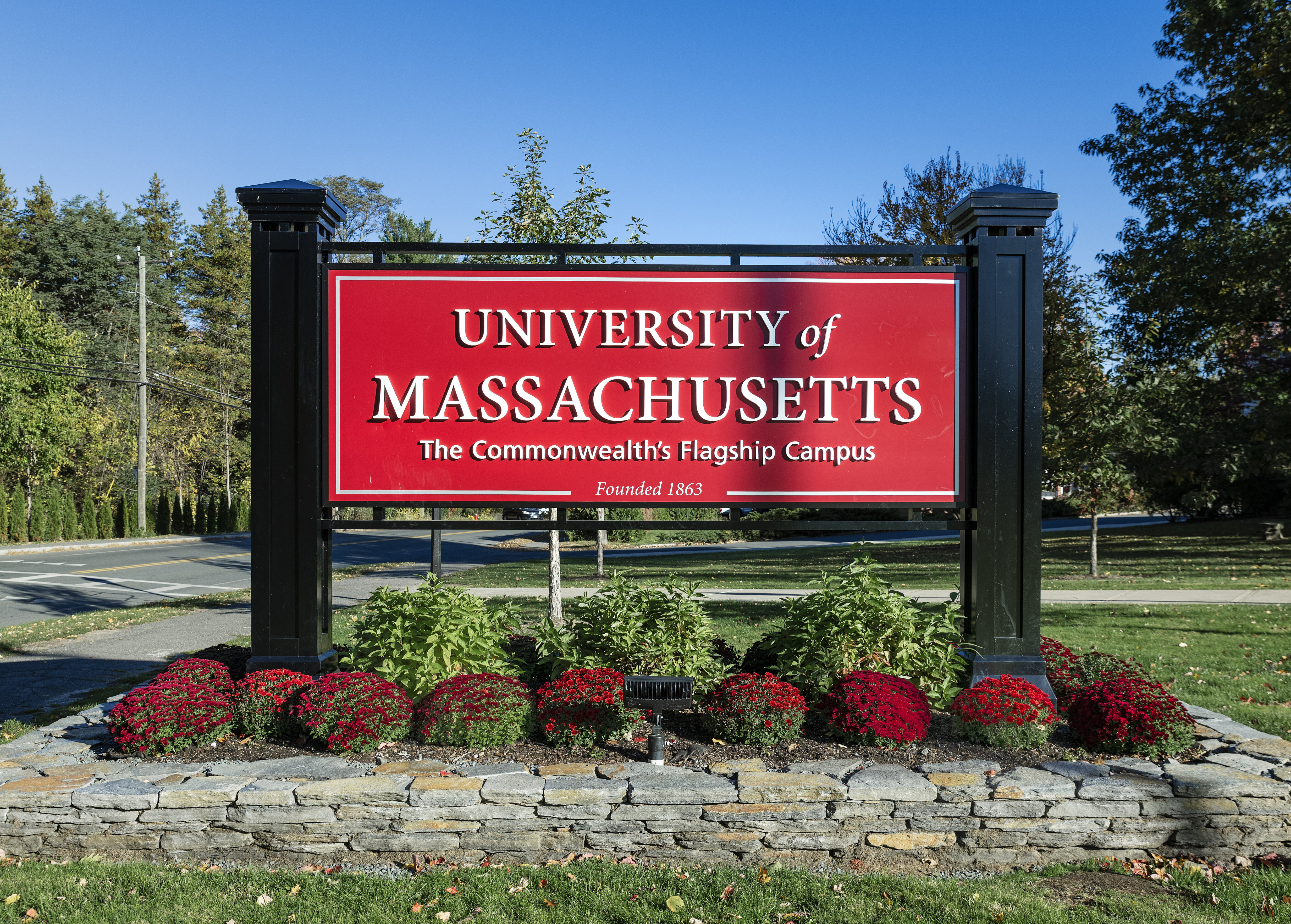UMass Warns International Students To Return To U.S. Before Trump’s Inauguration
The University of Massachusetts Amherst has issued a travel advisory to its international students and faculty, urging them to “strongly consider” returning to the U.S. before the presidential inauguration on Jan. 20 if they are planning to go abroad during the winter holidays.
In a statement released Friday by the school’s Office of Global Affairs, the school, which has more than 5,000 international students, said it was urging the consideration “out of an abundance of caution” due to past travel bans ordered by former President Donald Trump, who will take office again in January.
Advertisement
“Given that a new presidential administration can enact new policies on their first day in office (January 20), and based on previous experience with travel bans that were enacted in the first Trump Administration in 2016, the Office of Global Affairs is making this advisory out of an abundance of caution to hopefully prevent any possible travel disruption to members of our international community,” the UMass office said. “We are not able to speculate on what a travel ban will look like if enacted, nor can we speculate on what particular countries or regions of the world may or may not be affected.”
A representative of the university, whose spring semester starts on Jan. 30, offered no further comment on the matter when reached by HuffPost on Wednesday.
UMass Amherst isn’t the only school expressing concerns, however.
The Massachusetts Institute of Technology issued a similar travel advisory to its international students following Trump’s reelection, stressing that any new executive order he issues could affect travel and visa processing times.
Advertisement
This could result in some international students needing to travel abroad to wait for a new entry visa before they’re able to return, the school’s International Students Office said.
A representative of MIT told HuffPost on Wednesday that it is working to keep its community updated on any official developments. They further advised students to “rely on official sources of information to follow developments.”

John Greim via Getty Images
In his first administration, Trump issued a number of anti-immigration travel bans and policies that negatively impacted international students.
His policies included travel bans on nearly a dozen countries, first in 2017 that ultimately barred nearly all travelers from five mainly Muslim countries, as well as from North Korea and Venezuela. Three years later, in 2020 he expanded that ban so that it severely limited immigrant visas for people from six other countries with substantial Muslim populations.
Advertisement
Though his travel ban was not designed to target student visas, international students still reported travel issues while trying to return to the U.S. Several post-graduate and undergraduate students from affected countries told NPR in 2017 of being detained at airports or being returned to their home country due to the ban, including an Iranian man who had a U.S. green card.
Trump also unsuccessfully tried to prohibit foreign students from living in the U.S. during the COVID-19 pandemic if their classes were switched to being entirely online. That rule, which was ultimately rescinded after eight federal lawsuits and opposition from hundreds of universities, would have required students already in the U.S. to either transfer schools or leave the country voluntarily.
Though it’s not yet clear what actions the next Trump administration could take, earlier this year he vowed to expel international students who are caught demonstrating in the U.S.
We Need Your Support
Already contributed? Log in to hide these messages.
“One thing I do is, any student that protests, I throw them out of the country. You know, there are a lot of foreign students. As soon as they hear that, they’re going to behave,” Trump told donors at a closed-door event in May, according to The Washington Post.
He made similar comments about anti-Israeli protesters during a campaign rally that same month, saying he would “immediately deport” them.
Advertisement
The U.S. this past year saw a record number of in-person international students, more than 1.1 million, with total admissions rising by 7%, according to the National Center for Education Statistics.
The majority of the students arrived from India (29%) and China (25%), and most were enrolled at New York University, Northeastern University, Columbia University and Arizona State University, according to the center’s findings.
Representatives of those four schools did not immediately respond to HuffPost’s requests for comment on potential guidance being offered to international students.

Comments are closed.